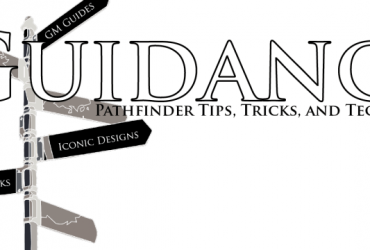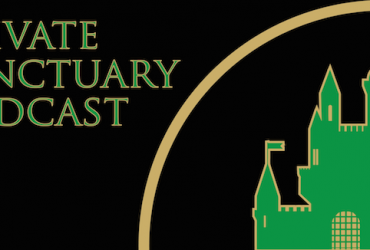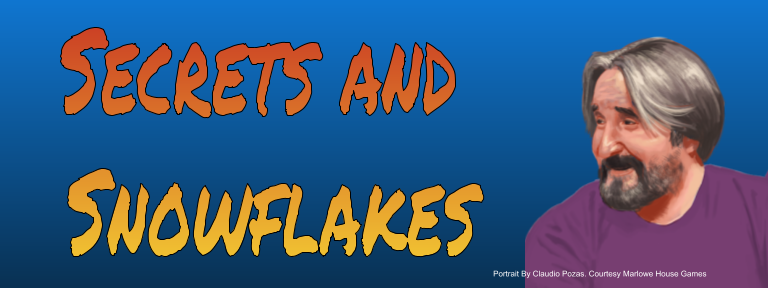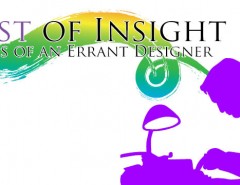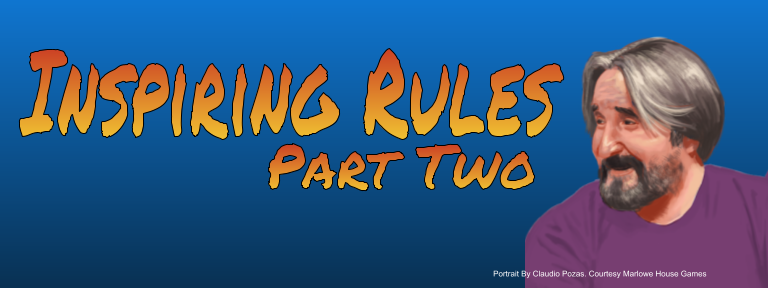Previously, I introduced The Maze. The article was admittedly a bit long but I really wanted to lay the groundwork for subsequent setting design articles like this one.
I’ve made no secret that I love the idea behind e6 and I work it into many of the modifications I’ve made to Pathfinder. A big reason for this is that low-level play has fewer moving parts so you are less likely to wreck game balance. Which works well for a project like this where the goal is to make big changes. If the changes made to the first tier of play work we can then look to the remaining tiers of the game and extend our rules.
What kinds of changes are we talking about? For starters magic. I really want to lose Vancian magic. Don’t get me wrong I love Pathfinder and Vancian magic is part of that but sometimes I’d like to play with something different. In my last blog, I spoke of the spark in spell casters but that’s an explanation, not a magic system. Back in December, I woke from a vivid dream with a clear vision of a set of literary rules for magic. The core of this was the idea that conjunctions are magical.
Not just the great celestial conjunctions but small everyday conjunctions can be used for magical purposes. The premise runs something like all things are connected. When two closely connected things pass in close proximity to one another a magical practitioner may be able to exploit this connection and achieve a magical effect. Such as teleporting a small item from the pocket of one person’s coat to the caster’s own pocket exploiting the similarities between two nearly identical coats. Conjunctions like this require a lot of power and training to master and the more disparity between the items the weaker the conjunction.
I really want to be able to bring this magic system to the table with a system that focuses on these conjunctions and the natural spirits who empower them without resorting to “memorized spells” I want to encourage player creativity in the spell casting but I need it to be familiar to long term players.
With my design goals for magic in place, I began digging through my 3rd era books and resources from some of my favorite third party publishers for Pathfinder. I knew pieces of what I want already exist and when your building rules for your home game you don’t need to completely reinvent the wheel yourself.
Mont Cook’s Collected Book of Experimental Might has rules for twenty levels of spells and it turns out alternate rules for meta-magic feats. Rather than increasing spell level these alternate feats only allow the feats to be used a limited number of times per day. I like both of these rules, twenty levels of spells means new spell options at every character level. And a balanced option that encourages players to use more meta-magic is more than welcome here.
Arcana Evolved also by Monte Cook gave every spell a weaker and a stronger version spellcaster’s could cast. This could be useful for strong or weak conjunctions or as written giving casters greater control over their spells.
Of most use however was Rogue Genius Game’s Houserule Handbooks Spell Point Compilation. In which Owen KC Stephens gives player’s and GMs a well-balanced point-based spell casting system that while using existing spells better mimics magic seen in books and on film. Here spell casters tire as they deplete their reserves of spell points, meta-magic feats increase casting costs and casting times, and casting the same spell over and over again becomes more costly.
Now since the Release of Ultimate Magic I’ve wanted to play with the Words of Power rules but I’ve never found the right opportunity. Maybe right now is the time? Maybe not. I like the idea of characters mastering different aspects of magic, or “words of power.” Thus being good at different spells.
Mingling all these very disparate optional magic seems like it could be a recipe for disaster or awesome. Each in equal measures. I’ll keep tinkering with it.
Please keep coming back while we explore the Maze, in two weeks I’ll be talking races and classes and maybe I’ll have a sneak peek available for what I’m coming up with in the way of this new magic system. If you have ever designed your own magic systems feel free to share your stories in the comments.


